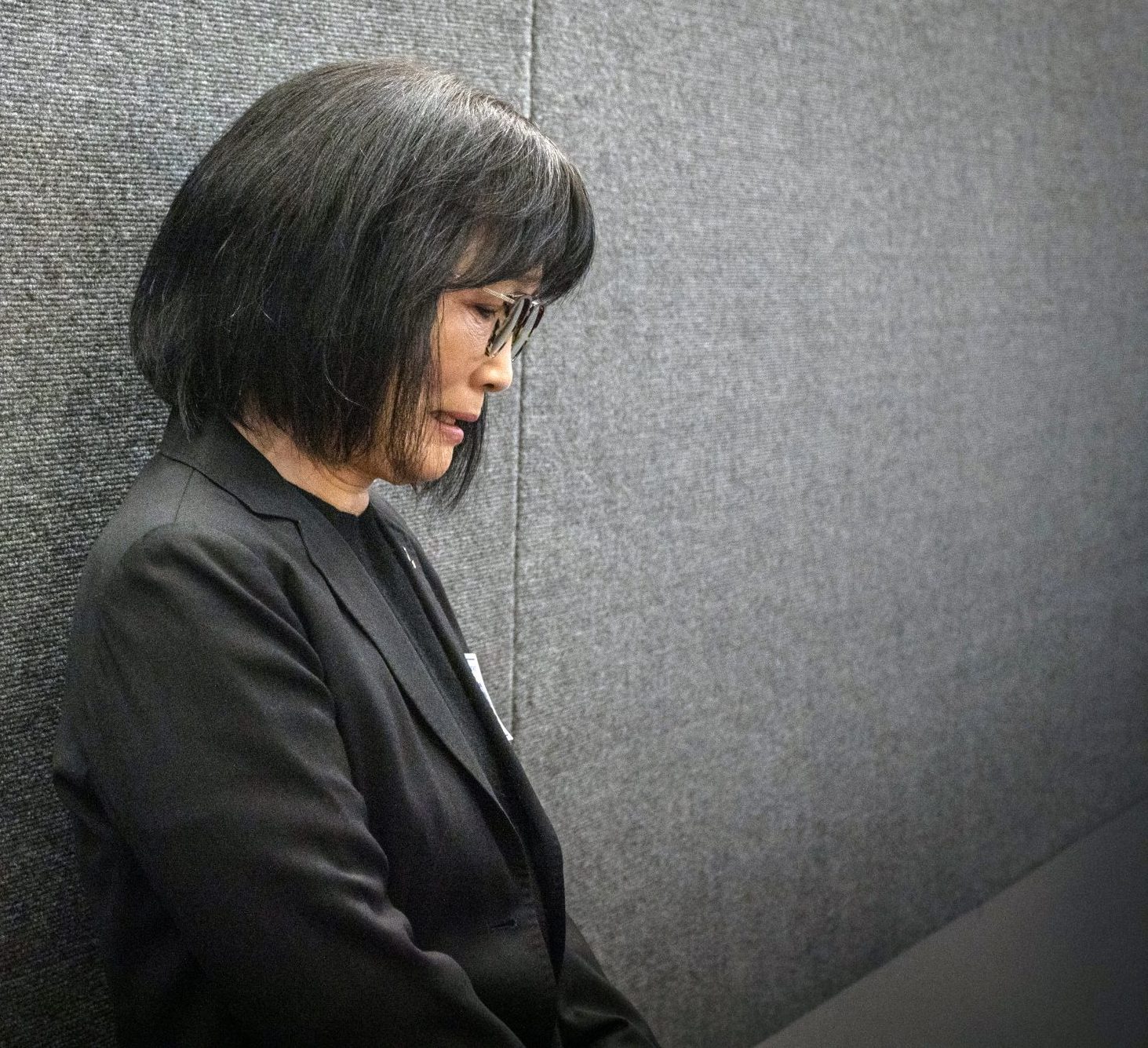Despite some tactical improprieties, the police shooting was ruled justified. That was the conclusion reached by the Los Angeles Police Department (LAPD) regarding Officer Andres Lopez, who fatally shot Yong Yang with a handgun last year.

Why do police officers carry guns? To protect the public from serious crimes. But that doesn’t mean they have a license to shoot suspects indiscriminately. Officers are required to follow strict guidelines before resorting to gunfire. Of course they must adhere fully to policy and protocol—and they must exercise restraint up to the very last moment. If someone questions whether that’s realistic in a crisis, then maybe they shouldn’t be wearing a badge. The difference between law enforcement and an armed gang lies precisely in that line.
Some of Lopez’s inappropriate conduct resulted in the irreversible consequence of Yong Yang’s death. While police may brush it off as a minor misstep, the man lost his life, and his family remains unable to heal from the trauma.
It’s also troubling that it took nearly a year for officials to exonerate him. It feels as though they deliberately delayed until the Korean American community’s outrage faded—only to quietly hand out the exoneration.
The Yang Yong case sparked outrage across the Korean American community throughout last year. Yet the authorities responded with apathy. One has to ask: if the person shot by Lopez had been Black, would the commission have come to the same conclusion and quietly closed the case?
Many Korean Americans are comparing this to the killing of George Floyd. The reaction that erupted across the country—led by the Black community—was overwhelming in scale. The officers responsible were punished. By contrast, the Yang Yong case is being brushed aside far too quietly.
The Korean American community has generally distanced itself from the “Defund the Police” movement and has supported law enforcement—out of hope for building a safer community. But when we look at how the police handled the Yang Yong case, we can’t help but ask whether that safety actually applies to us.
The Commission’s decision perfectly illustrates the saying “the arm bends inward” (a Korean proverb meaning people tend to side with their own). Their conclusion relied entirely on the LAPD’s own report—which was filled with claims that the officers’ responses were tactically appropriate. The Use of Force Review Board (UOFRB) supposedly reviewed it, but they too were all former LAPD members, raising serious questions about objectivity. “They judged the legitimacy of the incident among themselves—without any third-party oversight or cross-review from civil society,” said Dr. Min Yang, Yong Yang’s father.
Based on the commission’s report, LAPD Chief Jim McDonnell is expected to make a final decision on whether to discipline the officers. But McDonnell himself had already signed off on the same report the commission used to justify clearing the officer. Is this truly fair?
LAPD must not be allowed to quietly close this case. The Korean American community cannot look away as if this doesn’t concern them. If the police are allowed to bury Yang’s unjust death under self-serving logic, who knows who the next victim will be—or whose son will be treated as expendable by the police. This is why the Korean American community must watch McDonnell’s decision with wide-open eyes.




